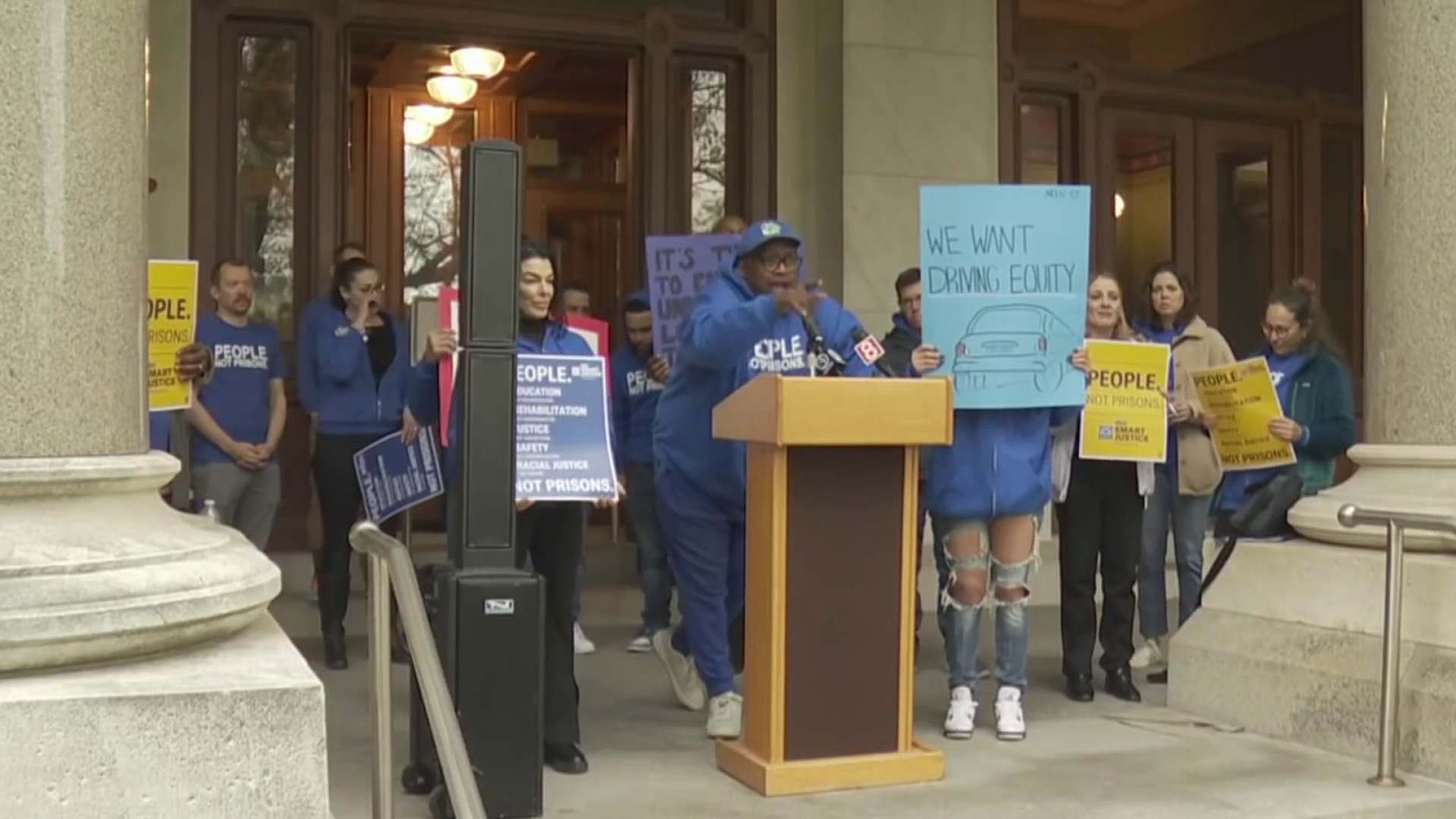
The interim Department of Labor commissioner informed Connecticut legislators Monday that her agency is barred by state and federal law from granting a blanket waiver to thousands of workers who are now being billed for overpayment of their unemployment compensation benefits during the pandemic.
Dante Bartolomeo told members of the General Assembly's Appropriations and Labor Committees that her agency is required by the U.S. Department of Labor to review all overpayments on a case-by-case basis and recover the money. Connecticut law, however, does allow people with certain extenuating circumstances to seek an individual waiver from the state, which she urged affected claimants to do.
"The problem is, it's a federal issue the feds and the federal delegation could change, if they so chose, what we're allowed to do and not," she said. "But unfortunately, it doesn't lie at the state level. We're not able to make those changes."
Many Connecticut legislators have called on the agency to somehow waive the overpayments that are being billed to workers who lost their jobs during the pandemic,a rguing it's unfair to demand money from people who did not commit fraud and continue to struggle financially.
Get Connecticut local news, weather forecasts and entertainment stories to your inbox. Sign up for NBC Connecticut newsletters.
"This was something that was being built and designed for an unusual circumstance. We were trying to keep people above water,'' said Rep. Toni Walker, D-New Haven, co-chair of the Appropriations Committee. "Then we're going back and saying 'We shouldn't have given you that money.' But people were trying to survive."
In September, when this issue first came up, lawmakers suggested it would cost about $6 million to $10 million to cover the overpayments. However, according to the state Department of Labor, that is a rolling average and the cost is at least $30 million, a figure that's expected to grow as the agency continues reviewing the more than 1.5 million unemployment claims filed since March 13, 2020 for state, federal and extended benefits.
So far, the agency has determined that about 2% of the claims, which represent roughly 13,000 individuals, are overpayments in state unemployment, extended benefits and Pandemic Emergency Unemployment Compensation programs. Those numbers are expected to grow as more claims are reviewed and after the state receives reports from other benefits programs for the unemployed.
Local
A spokesperson for the agency said it could take as long as six to eight years to finally sort out the repayment issue, given opportunities for appeals and lengthy repayment plans. Some workers who were overpaid during the recession of 2008 are still paying back their unemployment overpayments.
Bartolomeo said overpayments occurred this time for a number of reasons. While there have been cases of fraud, she said there were also cases of non-fraudulent overpayments, such as when an employer may have appealed a claim for unemployment after the worker was already paid. She said there have also been instances of people making an error when they filed their application, or of a Department of Labor agent improperly inputting data.



